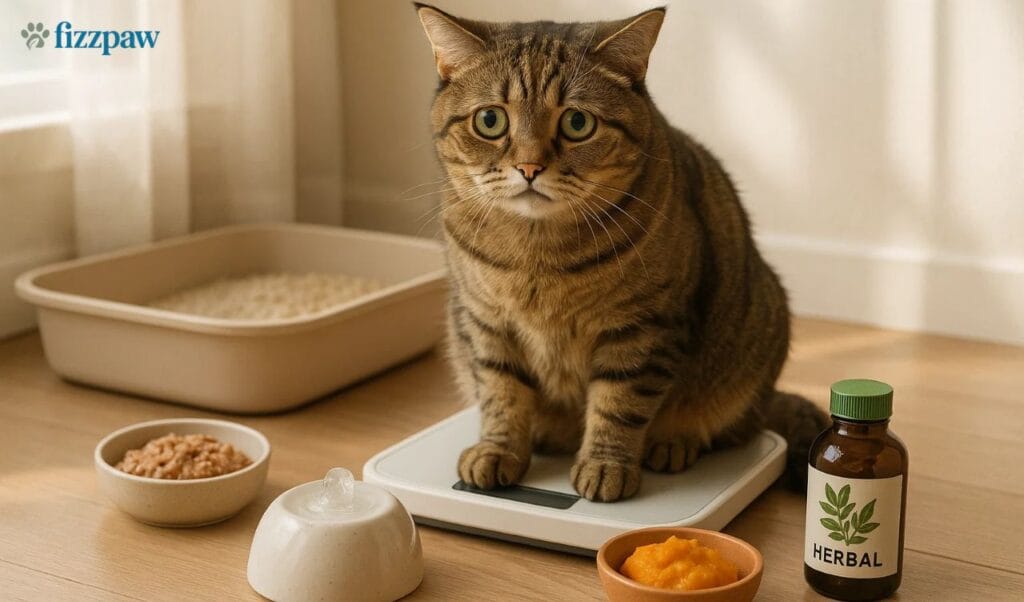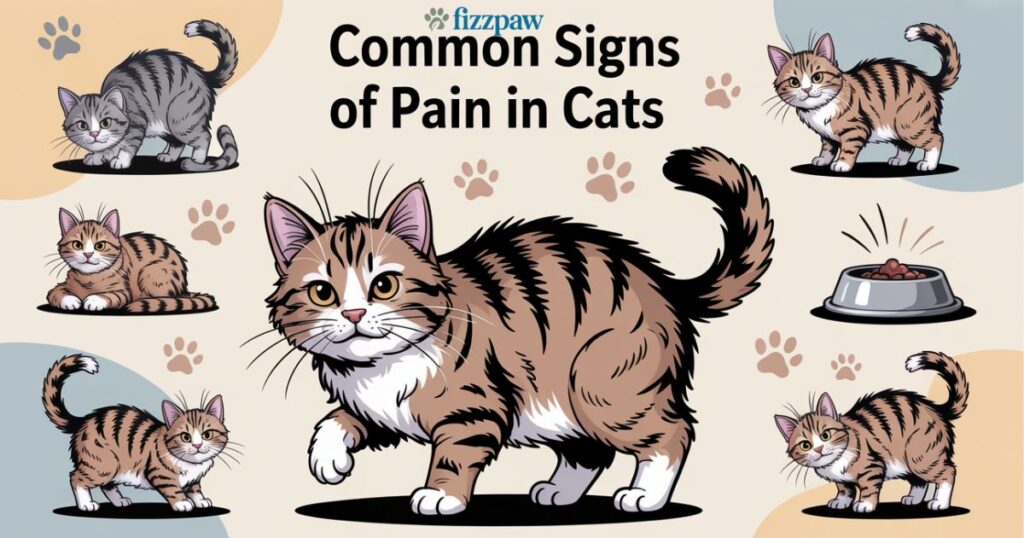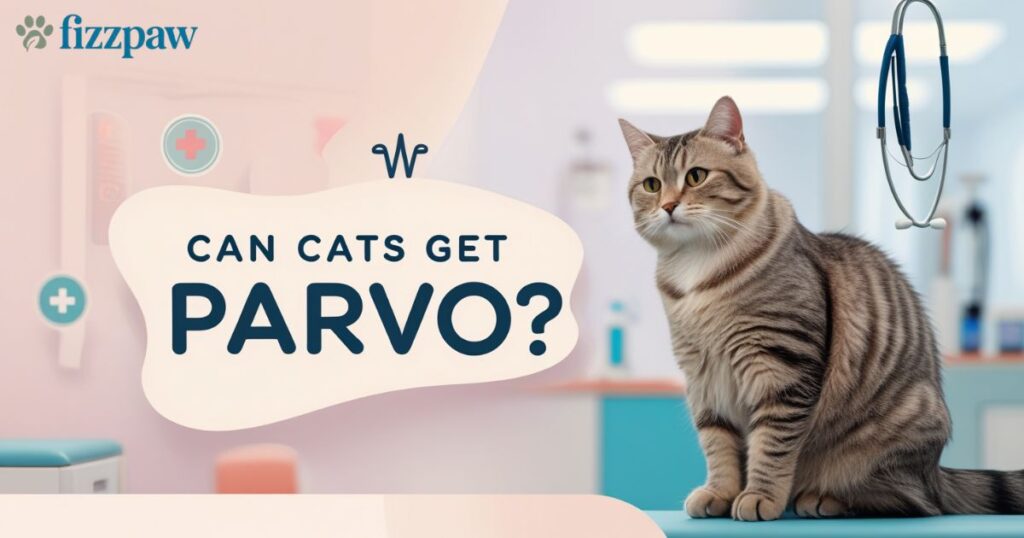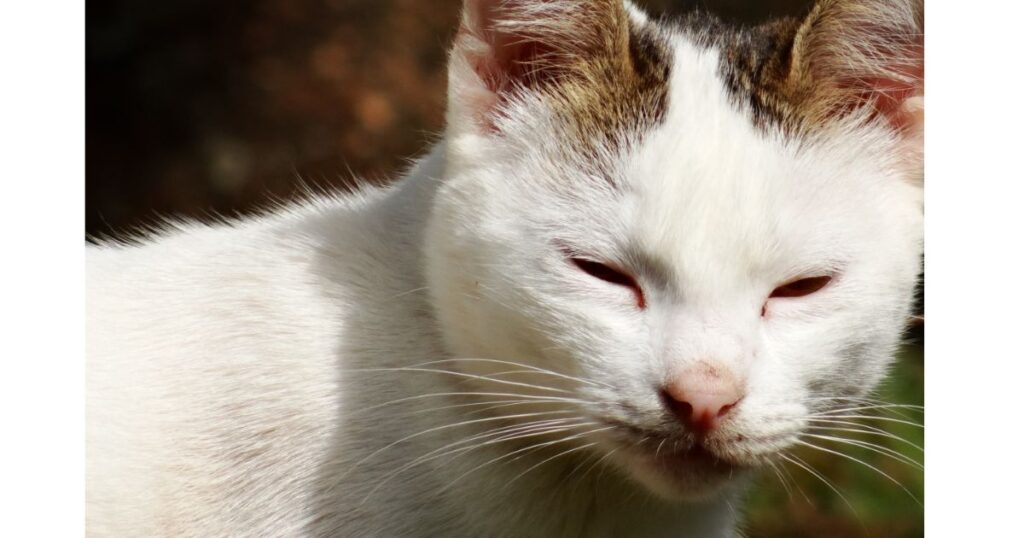Constipation in cats is more than just a minor inconvenience—it can cause discomfort and lead to more serious health concerns if left untreated. Thankfully, there are several home remedies for cat constipation that can provide your feline friend with relief without needing immediate vet intervention. In this article, we’ll look at the ways to determine whether your cat is constipated, the causes that are common and effective remedies at home, and when it’s time to consult your veterinarian.
By knowing the health of your cat’s digestive system and taking preventative measures to ensure they are healthy and happy. Just like itchy skin in cats, constipation is a common but treatable issue many owners face. Check out this comprehensive guide on how to prevent and manage the symptoms of constipation for your pet.
How to Tell if Your Cat Is Constipated
The first step in addressing feline constipation is to recognize the symptoms. Cats often hide their discomfort; however, certain behaviour patterns can signal that they’re having issues with their bowel movements.
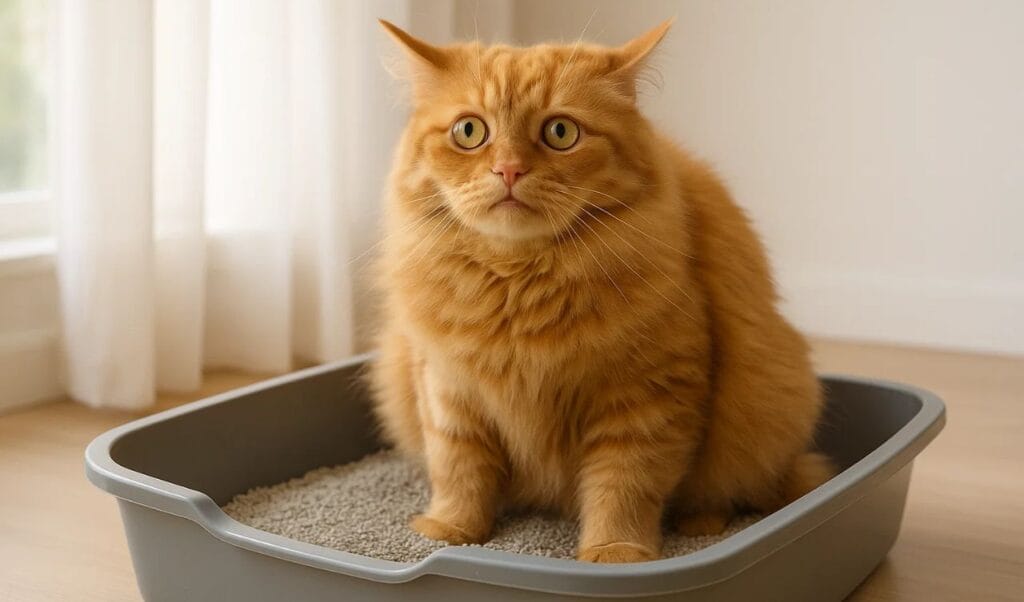
Common Symptoms of Constipation in Cats:
- Straining in the litter box: If your cat is having difficulty pooping or spends an unusually long time in the litter box, it could be a sign of constipation.
- Hard, small stools: When they do manage to relieve themselves, you might notice that the stools are hard, small, and dry.
- Litter box avoidance behavior: If your cat avoids using the litter box altogether, it may be due to the discomfort caused by constipation.
- Excessive grooming: Cats may groom themselves more often in an attempt to relieve discomfort from constipation or hairballs.
- Changes in appetite or behavior: Your cat may seem lethargic or stop eating due to the discomfort caused by constipation.
Cat Stool Color & Texture Reference
| Stool Description | What It May Indicate |
| Hard, dry, pellet-like | Classic sign of constipation |
| Black, tarry stools | Potential bleeding in upper GI tract – see vet |
| Gray or clay-colored | Liver or bile duct issue – consult vet |
| Mucus-covered stool | Inflammation or IBD |
| Normal brown, moist stool | Healthy digestive function |
If your cat displays any of the signs of constipation in cats you must take action. Being able to identify when cats are constipated is crucial to provide them with the proper treatment.
What Causes Constipation in Cats?
Understanding the root causes of constipation in cats will assist you in managing your cat’s health in a more effective way. Constipation in cats can stem from several different causes.it is important to take into consideration both their lifestyle as well as the root cause of health issues.
Common Causes of Constipation:
- Dehydration: Insufficient or enough water intake can cause dehydration. This can slow down your cat’s digestive process, leading to constipation and possibly even dehydration.
- Low-fiber diet: Cats who eat a low-fiber cat diet or primarily dry food may not get enough fiber to help their digestive system function properly.
- Obesity: Overweight cats are more prone to constipation due to slower digestive movements.
- Stress: Stress-related digestive issues in cats can also cause constipation. Changes in routine or relocating to a new home can disrupt your cat’s digestion.
- Underlying health conditions: Conditions such as megacolon in cats (a condition that affects the colon) can cause chronic constipation, particularly in senior cats.
Cats at Higher Risk of Chronic Constipation:
- Senior cats (over 10 years)
- Obese or overweight cats
- Long-haired breeds (due to hairball buildup)
- Cats with kidney disease or arthritis
- Cats with megacolon or IBD history
In the event that your cat experiencing constipation issues, examining their diet, water intake, and any possible stressors within their environment could assist in determining the cause.
When to Use Home Remedies for Cat Constipation
Home remedies for cat constipation are effective in moderate cases, however often, constipation could be an indicator of a larger issue which requires intervention from a vet.
When to Use Home Remedies:
- Mild constipation: If your cat has been straining for a day or two but is still eating, drinking, and otherwise acting normally, home remedies like canned pumpkin for cats or fiber supplements for cats might help.
- Dehydration or dietary changes: If your cat’s constipation is caused by dehydration, you can try increasing their water intake in cats by using a cat water fountain, which encourages drinking, or offering wet food vs dry food for cats for added moisture.
When to Call the Vet:
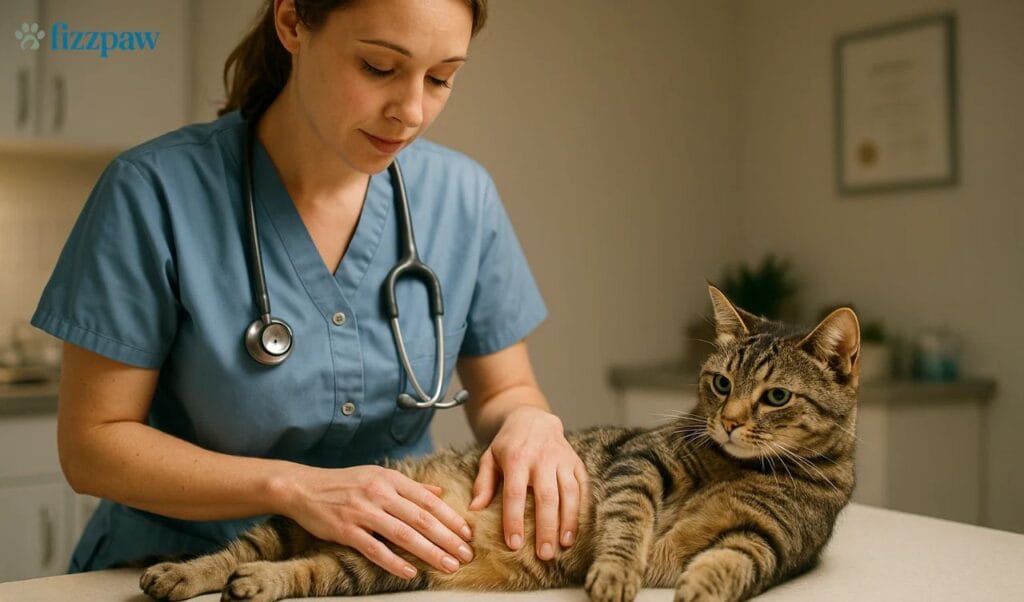
- Constipation for more than 3 days: If your cat hasn’t pooped in 3 days, it’s time to call the vet.
- Vomiting or loss of appetite: If your cat is vomiting, lethargic, or refusing food, this could indicate a more serious issue that requires professional care.
- Excessive straining or blood: If your cat is straining excessively and there’s blood in their stool, this could signal a medical emergency.
If you’re ever in doubt, it’s best to consult your vet to rule out more serious conditions like underlying health conditions in cats.
Top 9 Home Remedies for Cat Constipation (Vet-Backed)
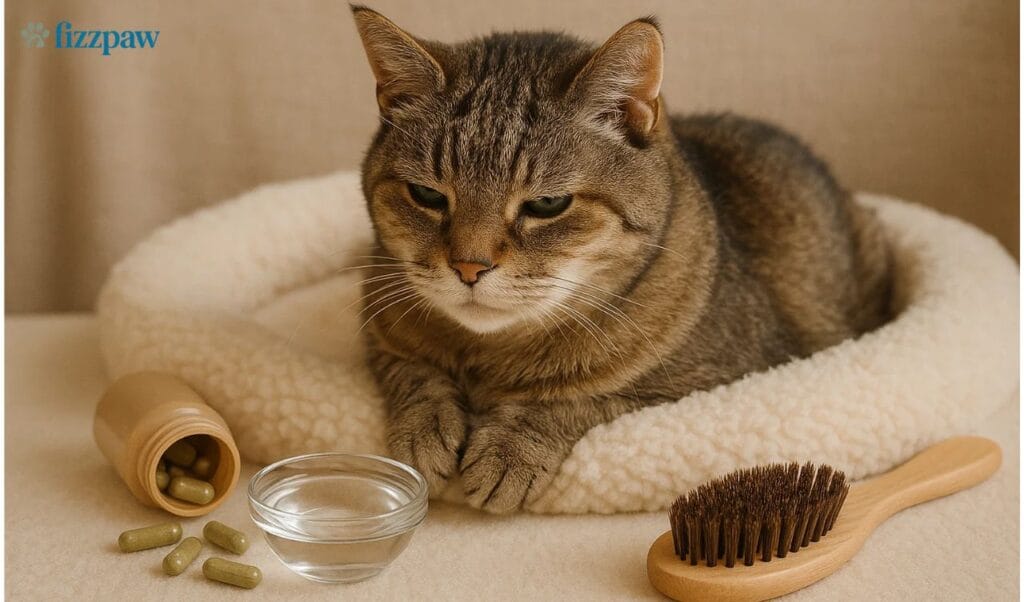
Home treatments can help alleviate your cat’s constipation. Here are the top home remedies for cat constipation that are safe and effective, backed by veterinarians.
- Canned Pumpkin for Cats: This is a natural fiber supplement for cats that helps soften stools and promotes regular bowel movements.
- Olive Oil for Constipation in Cats: A small amount of olive oil can help lubricate your cat’s digestive system and ease constipation.
- Increased Water Intake: Encouraging your cat to drink more water is one of the most important factors in managing constipation. Consider a cat water fountain to make drinking more attractive.
- Psyllium Husk in Cat Food: Adding psyllium husk to your cat’s food can increase fiber intake, making stool softer and easier to pass.
- Cat Probiotics for Digestion: Probiotics help maintain a healthy balance of gut bacteria, which can aid in relieving digestive problems in cats.
- Over-the-Counter Cat Laxatives: If recommended by your vet, mild over-the-counter cat laxatives can provide temporary relief for constipation.
- Massage and Exercise: Gently massaging your cat’s abdomen or encouraging them to move around can stimulate their digestive system.
- A Limited Ingredient Cat Diet: This type of diet eliminates potential food irritants that might contribute to constipation.
- Feliway for Cats: Using Feliway for cats can reduce stress, which in turn may help prevent stress-related constipation.
What Not to Try: Unsafe or Ineffective “Home Cures”
While there are several effective home remedies for cat constipation, not all “home cures” are safe for your feline friend. Avoid these:
- Human Laxatives: Never give your cat human laxatives as they can be toxic to cats.
- Excessive Olive Oil: While a small amount of olive oil can be helpful, too much can lead to diarrhea or other digestive issues.
- Changing Diets Abruptly: Sudden changes in diet can upset your cat’s digestive system and worsen constipation.
Always consult your veterinarian before trying any new remedy, especially if you’re unsure about its safety.
How to Prevent Cat Constipation Naturally
It’s equally important to focus on preventing constipation in cats as it is to treat it. Below are some helpful tips to keep your cat’s digestive system functioning smoothly:
- Increase water intake: A well-hydrated cat is less likely to experience constipation. Using a cat water fountain can encourage your cat to drink more water throughout the day.
- Feed a high-fiber diet: Fiber-rich foods, especially wet food, can support regular and healthy bowel movements in cats.
- Regular exercise: Keeping your cat active can help promote regular bowel movements.
Choosing the right type of food plays a vital role in managing your cat’s digestive health. The table below compares wet and dry cat food to help you understand their impact on hydration, fiber intake, and constipation risk. Wet food is generally better for preventing constipation due to its high moisture content and easier digestibility, while dry food may require additional water intake to avoid issues like hard stools.
Wet vs. Dry Cat Food for Constipation Prevention
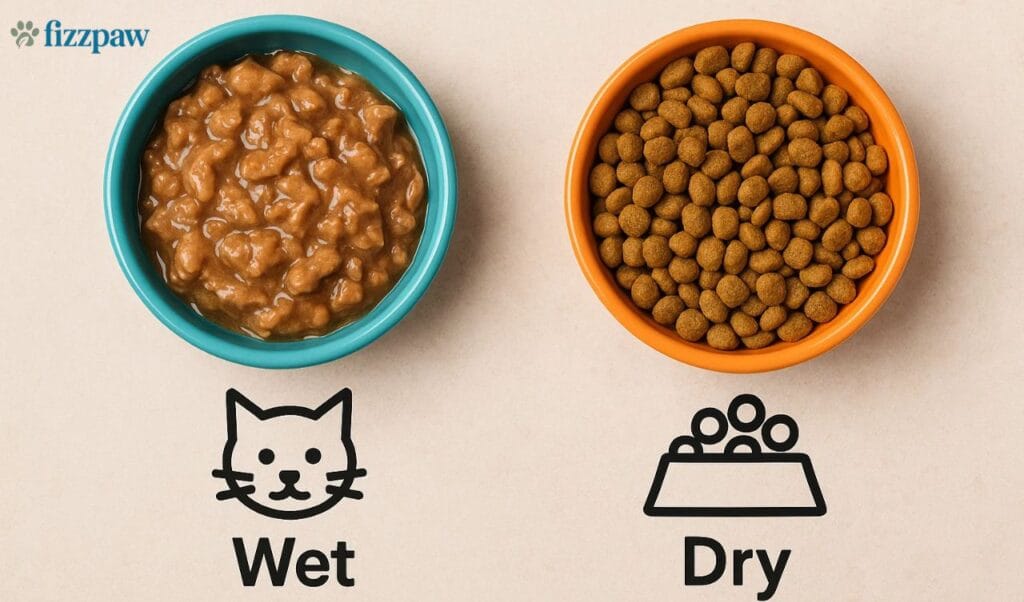
| Feature | Wet Food | Dry Food |
| Water Content | High (70–80%) | Low (10–12%) |
| Digestibility | Easier to digest | May cause harder stools |
| Hydration Support | Helps prevent dehydration | May require additional water intake |
| Fiber Content Options | Available in high-fiber options | Limited high-fiber options |
| Constipation Risk | Lower | Higher if water intake is low |
Holistic & Lifestyle Changes That Help Long-Term
For long-term relief and prevention, consider implementing holistic changes to your cat’s lifestyle.
- Reduce stress: Chronic stress can lead to digestive problems. Use Feliway for cats to help calm your cat, especially during times of change.
- Scheduled feeding: Consistent feeding schedules can improve digestion and regularity.
- Routine litter box cleaning: Keeping your cat’s litter box habits clean and stress-free encourages healthy elimination.
Frequently Asked Questions About Cat Constipation
How to make a cat poop instantly
Try a small dose of canned pumpkin, gentle belly massage, or extra water to help stimulate bowel movements quickly.
How to make a cat poop when constipated
Increase hydration, offer wet food, add fiber like psyllium husk, and encourage movement; consult your vet if there’s no improvement.
How to treat a constipated senior cat naturally
Use a high-moisture, fiber-rich diet, provide regular grooming, and reduce stress; natural remedies like pumpkin or probiotics may help.
Is cat constipation an emergency?
Yes, If your cat hasn’t had a bowel movement in 72 hours, appears lethargic, is vomiting, or seems to be in pain, seek immediate veterinary care.
How can I prevent constipation in my cat?
To support your cat’s digestive health, make sure they stay well-hydrated, eat a nutritious diet, and get regular physical activity.
Final Thoughts: Safe, Simple Relief at Home
Providing home remedies for cat constipation can be an effective way to help your cat feel better, but it’s important to monitor your cat’s condition closely. Make sure your cat drinks plenty of water, consumes a diet high in fiber, and stays active with regular exercise. If symptoms persist or worsen, always consult your vet for further advice.
By taking a proactive approach and implementing the right remedies, you can help your cat stay comfortable and healthy.
Trusted Resources for Further Reading:

